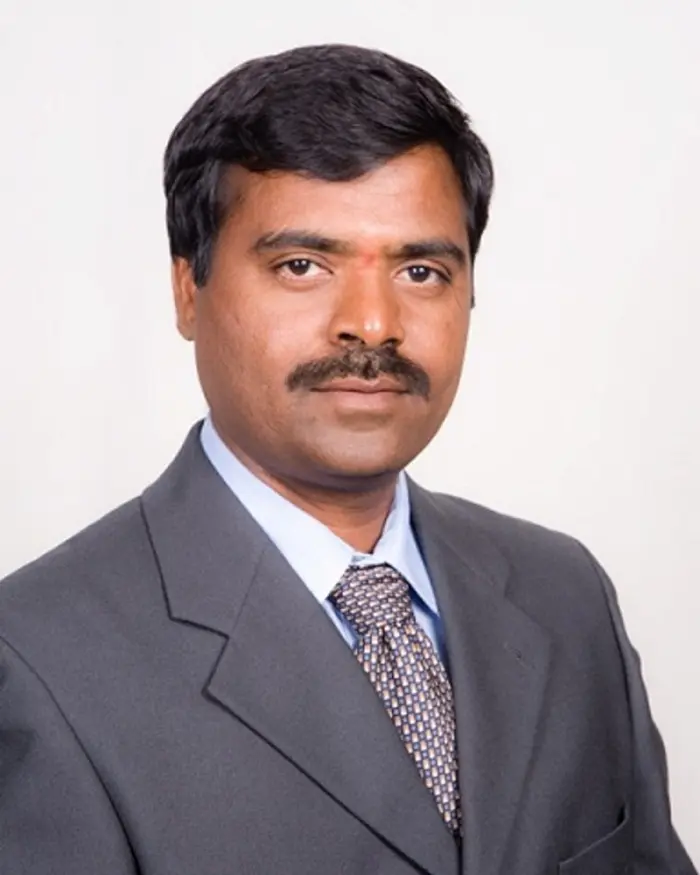
Murali Gumma
- Home/
- Profiles/
- Murali Gumma
Murali Krishna Gumma is Cluster Leader and Principal Scientist: Geospatial & Big Data Sciences and Head of Remote Sensing/Geographic Information System unit with ICRISAT, working across Asia and Africa. He is also Science and Data Lead for SERVIR West Africa Phase II supporting AGRHYMET and partners in improving awareness and access to geospatial data, products, and tools through appropriate platforms. Prior to this, he was a Remote Sensing Specialist and PDF at IRRI and a project scientist with IWMI. Murali Krishna has over 23 years’ experience in remote sensing and geographic information systems and their application to agriculture, wetlands, river basin management, natural resource management, water resources, forests, sustainable development, and environmental studies. His work experience spans over 35 countries spread across Asia and Africa. He is currently working on Monitoring croplands and natural resources using Earth observation data and Machine learning algorithms; Typology of crop production environments to identify factors causing yield gaps and classifying those areas with spatial data; Crop stresses and biophysical parameters extraction using Multispectral, Hyperspectral image analysis and spectral matching techniques; Crop yield prediction using technology and different algorithms considering various parameters like weather, soil and crop management data; Conducting impact assessment studies using Geospatial analysis and supporting multidisciplinary teams across ICRISAT using multi-resolution remote sensing and GIS spatial modeling
Murali has contributed more than 100 peer-reviewed publications (journal articles and book chapters) with an H-index of 42. He received his Ph.D. in natural resource management and M. Tech. Spatial Information Technology from Jawaharlal Nehru Technological University, Hyderabad, India. He has guided more than 40 Masters’ students and 8 Ph.D. students. Murali has conducted various international trainings (ADB, FAO, NARS partners across Asia and Africa).
Participation in GEO Events
GEO Week 2022
Accra, Ghana